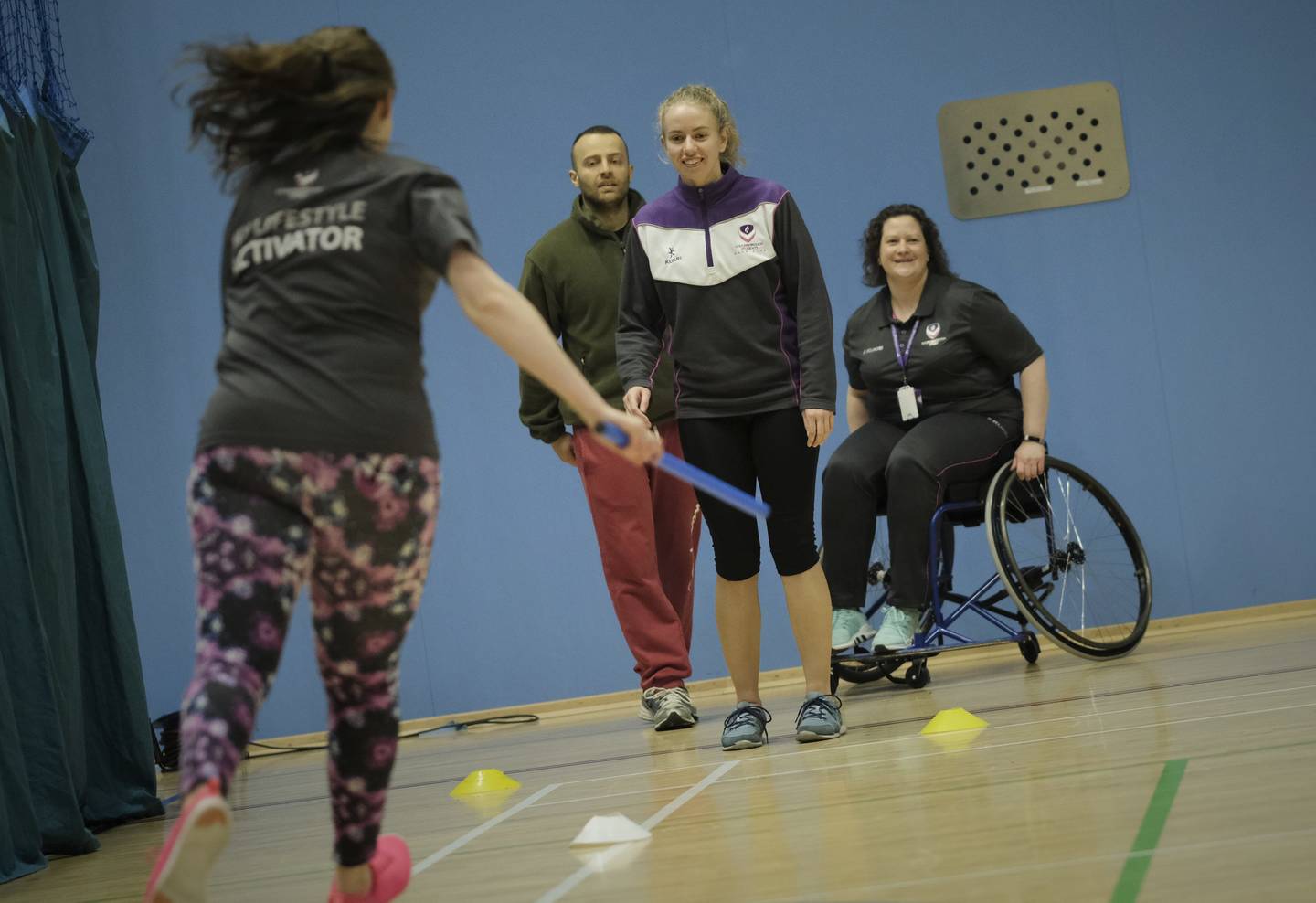Our response to PAC report on grassroots participation
The Public Accounts Committee (PAC) has this week published its report into grassroots sport and physical activity participation since the 2012 London Olympic and Paralympic Games. Here, Activity Alliance responds to the key findings.

Key findings from the report included:
-
- DCMS should set out in its new strategy the specific outcomes it is aiming to achieve with inactive groups, what targets it is working towards, and how it will measure progress
-
-
- Ten years on from London 2012 Olympic and Paralympic Games the Department for Digital, Culture, Media and Sport (DCMS) has fallen short of the increase in grassroots sports and physical activity participation promised as part of the long-term legacy of the Games
-
Responding to the PAC inquiry report and conclusions, Activity Alliance’s new Chief Executive, Adam Blaze, said:
“This report is useful to highlight to readers what we are already aware of. Our research shows that disabled people remain the least active in our communities. And, as highlighted by the report, ‘the COVID-19 pandemic has exacerbated some of the existing inequalities in activity for disabled people’. Our latest Annual Disability and Activity Survey also showed too that many providers are missing opportunities to engage the eight in ten disabled people who want to be more active.
"As the report rightly highlights, increasing activity levels has the potential to deliver financial savings across government through a healthier population and improvements in people’s wellbeing. Among successful examples, is the Get Out Get Active (GOGA) programme. Through this, we have seen how powerful sport and activity can be in encouraging community engagement with the least active in fun, inclusive ways. It is such programmes that have huge potential for scaling-up to maximise impact.
“The findings of this inquiry illustrate the importance of tackling the inequalities that exist across sport.
“We recognise the commitment to inclusion in Sport England’s 10-year strategy. They are a key partner for us as the leading voice for disabled people in sport and activity as we strive to achieve our vision. Our work with them is central to removing barriers across many opportunities at many levels.
“As we stated in our written evidence, ‘it is clear that working across government departments is vital for the successful delivery of any strategy that aims to increase participation levels for the least active’. As a large proportion of our society, and participating far less than non-disabled people, disabled people must be at the heart of any new strategy. We look forward to working with DCMS as they develop their approach, and across government at national and local level to ensure everyone feels the benefits of an active lifestyle."